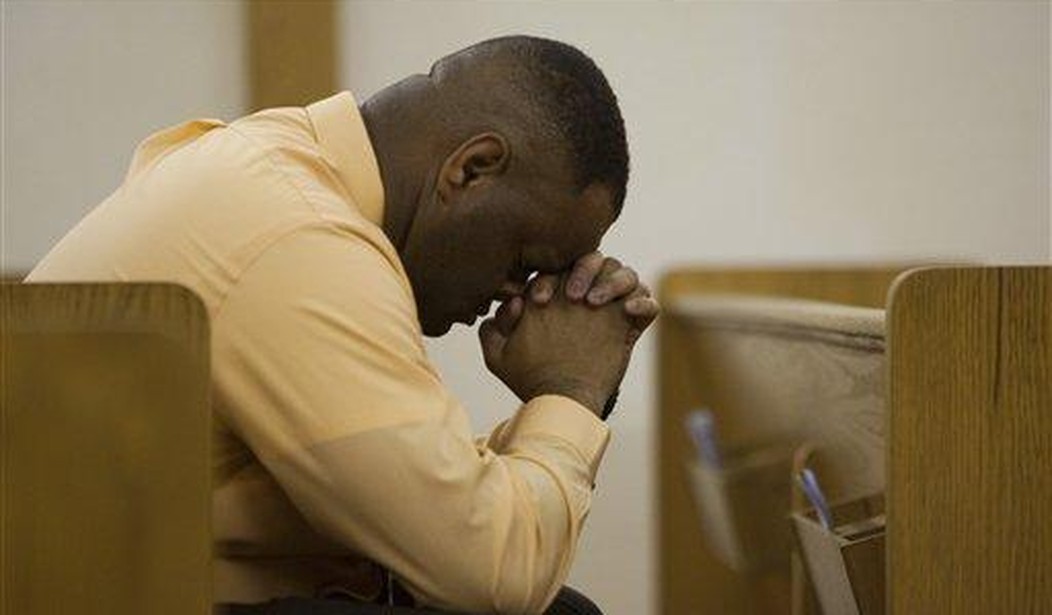Is religion good for society? One man who would answer in the affirmative is Gourverneur Morris, the founding father who spoke at the Constitutional convention more than anyone else. He originated the phrase “we the people of the United States.”
He once said something that virtually all of the founding fathers would have agreed with: “Religion is the only solid basis of good morals; therefore education should teach the precepts of religion, and the duties of man toward God.”
How is the church good for society? Through the years I have asked Dr. Byron Johnson of Baylor about the impact of faith on society. He has taught at Vanderbilt, the University of Pennsylvania, and Princeton. For the last several years, he has headed up Baylor’s Institute for Studies of Religion (ISR).
The website describes its mission: “Baylor ISR exists to initiate, support, and conduct research on religion, involving scholars and projects spanning the intellectual spectrum.”
In a radio segment, Dr. Johnson told me, “Churches are phenomenally important to society and important in so many different ways.” That includes volunteering and charitable giving. He told me that Americans give more than a billion dollars a day to charities---much of that coming from church-goers.
Johnson added, “If you just look at dollars and contributions, it’s staggering. One study shows that religion brings about 1.2 trillion dollars to the U.S. economy each year.”
Johnson keeps abreast of the psychological and sociological studies on the impact of church on society. For example, Oxford University Press published a study two years ago showing the positive impact of church-going on the health of individuals.
Recommended
They found that “compared with those who never attended religious services, individuals who attended services at least once per week had a lower risk of all-cause mortality by 26%...heavy drinking by 34%...and current smoking by 29%.”
The study also found that depression, anxiety, hopelessness, and loneliness—as well as physical maladies like hypertension, heart disease, and strokes—were lower in those who regularly attended church, while satisfaction with life, social connection, and a feeling of purpose were higher.
In short, living for Christ is good for you. Not that we live for Christ in order to live longer or lives with a higher quality. But that apparently is a happy by-product.
We live for Christ because He who is divine became human, lived a perfect life, and died in our place, so that we might be forgiven for our sins through faith in Him. He sealed the deal by rising from the dead and will one day return.
Dr. Johnson has written a scholarly book highlighting the kind of research featured in the study cited above. It’s called “Objective Religion.” The ignorant may rail against church---and surely there are many who have bad experiences at church because of abusive leadership. But the studies show that, all things being equal, the Gospel really is good for you.
Another man who studied the impact of religion on society came to Baylor because of Johnson. Dr. Rodney Stark, who died in July, wrote many books documenting religion’s impact.
One of my favorites was his 2012 tome, America's Blessings: How Religion Benefits Everyone, Including Atheists. On a vacation once, I read the book carefully and took many notes.
Stark writes, "Americans benefit immensely from being an unusually religious people---blessings that not only fall upon believers but also on those Americans who most oppose religion. In America, militant atheists are far less likely to have their homes broken into or to be robbed on their way to work than they would be in an irreligious society, because of the powerful deterrent effects of religion on crime."
He also adds, “Religious Americans also enjoy superior physical health, having an average life expectancy more than seven years longer than that of the irreligious.”
Another scholar who has also been studying the impact of faith on society for years is author Dr. Joseph Loconte. He has written for the Heritage Foundation, taught at The King’s College in New York City, and is now a distinguished visiting professor at Grove City College.
He told me, “Skeptics and secular critics of Christianity have to circumvent an awful lot of history to argue that political societies are better off without it. The rights and freedoms that our secular friends take for granted---freedom of speech, freedom of conscience, government by consent---grew from philosophical soil that was watered by biblical religion….Take away the Christian ethic of love of neighbor---even love of enemy---and you sweep away nearly everything that makes modern life tolerable and humane.”
Atheists like Richard Dawkins or Sam Harris see the increasing secularization of our culture as a good thing. But in reality, ostracizing faith and marginalizing churches will ultimately only harm all of us. Literally.
Jerry Newcombe, D.Min., is the executive director of the Providence Forum, an outreach of D. James Kennedy Ministries, where Jerry also serves as senior producer and an on-air contributor. He has written/co-written 33 books, including George Washington’s Sacred Fire (with Providence Forum founder Peter Lillback, Ph.D.) and What If Jesus Had Never Been Born? (with D. James Kennedy, Ph.D.). www.djkm.org @newcombejerry www.jerrynewcombe.com

























Join the conversation as a VIP Member